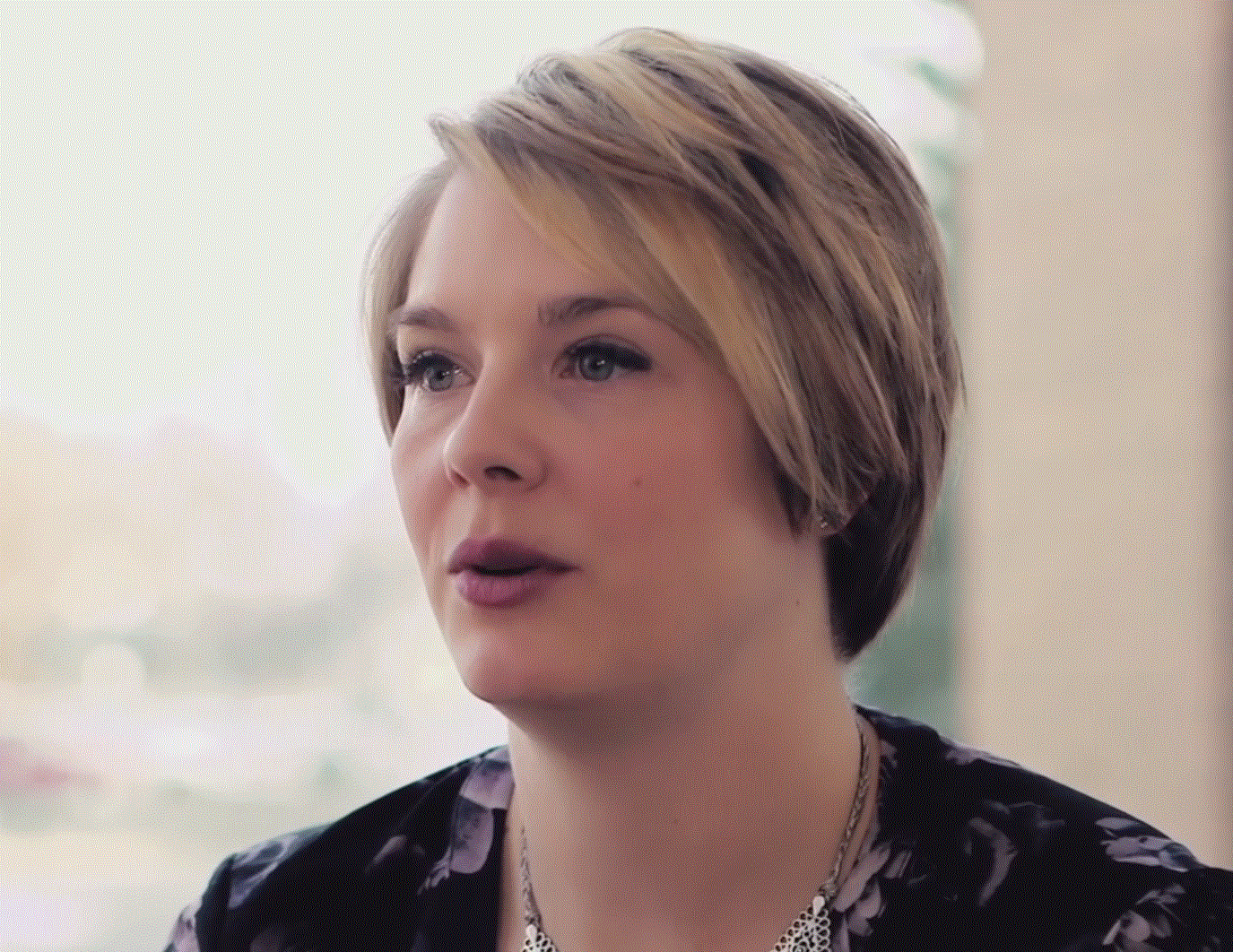The city of Surabaya, Indonesia, is giving free bus rides to commuters who provide used plastic bottles as part of a strategy encourage recycling.
This initiative is expected to serve the city’s ambition to eliminate plastic waste by 2020.
Citizens can travel on red city buses by dropping off plastic bottles at terminals or can use the bottles to pay for their fares.
Reuters says a two-hour bus ticket costs ten plastic cups or up to five plastic bottles, depending on their size.
Labels and bo
The city of Surabaya, Indonesia, is giving free bus rides to commuters who provide used plastic bottles as part of a strategy encourage recycling.
This initiative is expected to serve the city’s ambition to eliminate plastic waste by 2020.
Citizens can travel on red city buses by dropping off plastic bottles at terminals or can use the bottles to pay for their fares.
%$Linker:2 External <?xml version="1.0" encoding="utf-16"?><dictionary /> 0 0 0 link-external Reuters false https://www.reuters.com/article/us-indonesia-environment-plastics-bus/plastic-to-ride-indonesians-swap-bottles-for-bus-tickets-idUSKCN1MX1OD false false %> says a two-hour bus ticket costs ten plastic cups or up to five plastic bottles, depending on their size.
Labels and bottle caps from the collected bottles are auctioned off to recycling companies. The money earned goes towards running bus operations and funding green spaces in the city in Java, Indonesia’s main island.
Irvan Wahyu Drajad, head of Surabaya’s transportation department, says Indonesia is one of the biggest contributors to plastic waste in the world.
“Through this initiative, we hope to raise public awareness on the environment, especially issues that relate to plastic trash,” Wahyu Drajad adds.
This initiative is expected to serve the city’s ambition to eliminate plastic waste by 2020.
Citizens can travel on red city buses by dropping off plastic bottles at terminals or can use the bottles to pay for their fares.
%$Linker:
Labels and bottle caps from the collected bottles are auctioned off to recycling companies. The money earned goes towards running bus operations and funding green spaces in the city in Java, Indonesia’s main island.
Irvan Wahyu Drajad, head of Surabaya’s transportation department, says Indonesia is one of the biggest contributors to plastic waste in the world.
“Through this initiative, we hope to raise public awareness on the environment, especially issues that relate to plastic trash,” Wahyu Drajad adds.








